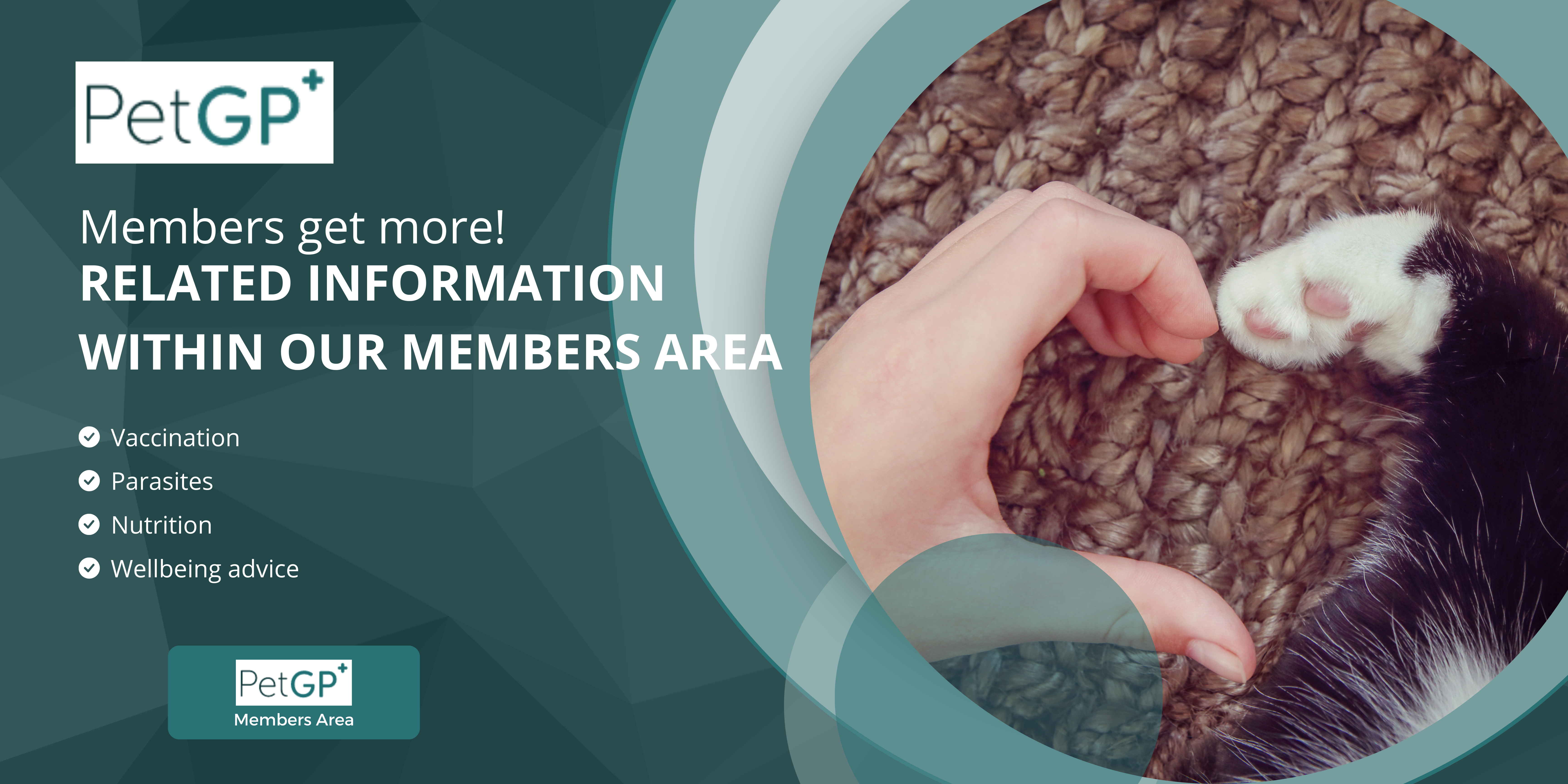Surgical vs Chemical, Dog Castration
Making decisions that may affect your dog’s health long term can be difficult. We have made this guide to help when making those decisions about castrating your dog by either surgery, or an implant.
Surgical castration
Surgical castration is the removal of both testes under a general anaesthetic. This is normally done either at around 6 months of age or after growth plate closure. This is when your dog stops growing. Larger dogs take a longer time to finish growing, up to 18 months. Smaller dogs may have finished growing by 12 months of age. Castration before this point can lead to a delay in growth plate closure. This can make your dog taller, and can alter forces in their joints especially their stifles (knees). This is mentioned later when discussing cruciate ligament disease. Timing is best discussed with your vet.
Surgical castration causes infertility as it removes the organs (testes) responsible for sperm production, and testosterone production. This results in significantly lower serum testosterone concentrations. The procedure is permanent.
Chemical castration
Chemical castration is the insertion of an implant under the skin. The implant releases a drug slowly into the blood stream over a period of either 6 or 12 months. This is normally done after sexual maturity. This drug causes the inhibition of testosterone production by the testes. This results in infertility.
Castration using both methods have shared advantages and disadvantages because both decrease testosterone levels.
What are the advantages of castrating my dog?
- Infertility, lowered interest in intact bitches and resultant roaming. This means your dog is less likely to go missing searching for a mate.
- Reduction in aggression and dominant behaviours, caused by testosterone, in dogs that naturally have these traits. This may reduce aggression towards other male dogs.
- Reduction in prostate and perineal (around the anus) related conditions. These are conditions such as enlargement/inflammation of the prostate in later life, and tumours around the anus.
What are the disadvantages of castrating my dog?
- If performed before growth plate closure, can increase chance of cruciate disease later in life. This is the gradual wasting of this important ligament in the knee until it snaps, destabilising the stifles.
- In timid or anxious dogs, the loss of testosterone from castration can increase anxiety levels further. This can potentially increase aggressive behaviours towards other dogs and humans.
- Some evidence for increased risk of certain cancers, including prostate carcinoma. However, the risk is very small and there is not enough evidence to consider not castrating as a result of this slight increase.
- Decreased metabolism, can lead to weight gain if diet not altered appropriately.
Advantages of surgical castration:
- Permanent, only needs to be performed once.
- Cheaper, if implant used for rest of life to be comparable.
- Procedure performed under general anaesthesia, making it less painful and stressful.
- Removal of diseased/cryptorchid (retained) testicles. These can often become cancerous due to being kept warmer inside the body.
- Removal of risk from testicular cancer, as testes are no longer present.
Advantages of chemical castration:
- Temporary/reversible, if undesired side effects noticed, or your opinion on castration changes, the effect can be allowed to wear off.
- No risk from anaesthesia .
- No risk from post-operative complications.
- May be useful in dogs with behavioural concerns to assess if surgical castration is likely to cause unwanted changes.
Disadvantages of surgical castration:
- Risk of anaesthesia/post-operative complications. Although these risks are low in healthy animals, post operative complications such as infection can occur. This highlights the need to use the tools your vet gives you to stop your dog licking and look after the surgical site.
- If undesirable behaviours, such as increased anxiety and aggression develop due to low testosterone levels. Little can be done to correct this.
Disadvantages of chemical castration:
- Expensive, if used for whole life of animal, every 6 or 12 months.
- In sensitive dogs, implantation may be painful can cause negative association with the vet practice. Some dogs will not be aware at all. Discussion with your vet about local anaesthesia may be advised, especially if you are concerned.
- Delay of 6-8 weeks before infertility.
- Due to the fact the effect can wear off, missing a subsequent implantation (every 6 or 12 months). This could cause fertility to accidently return to your dog.
We hope this provides some important points to consider and discuss with your vet. Your vet can make a recommendation based on your exact circumstances and your pet’s characteristics and health. We hope you found it useful and that we answered any questions you may have had about the two procedures.

